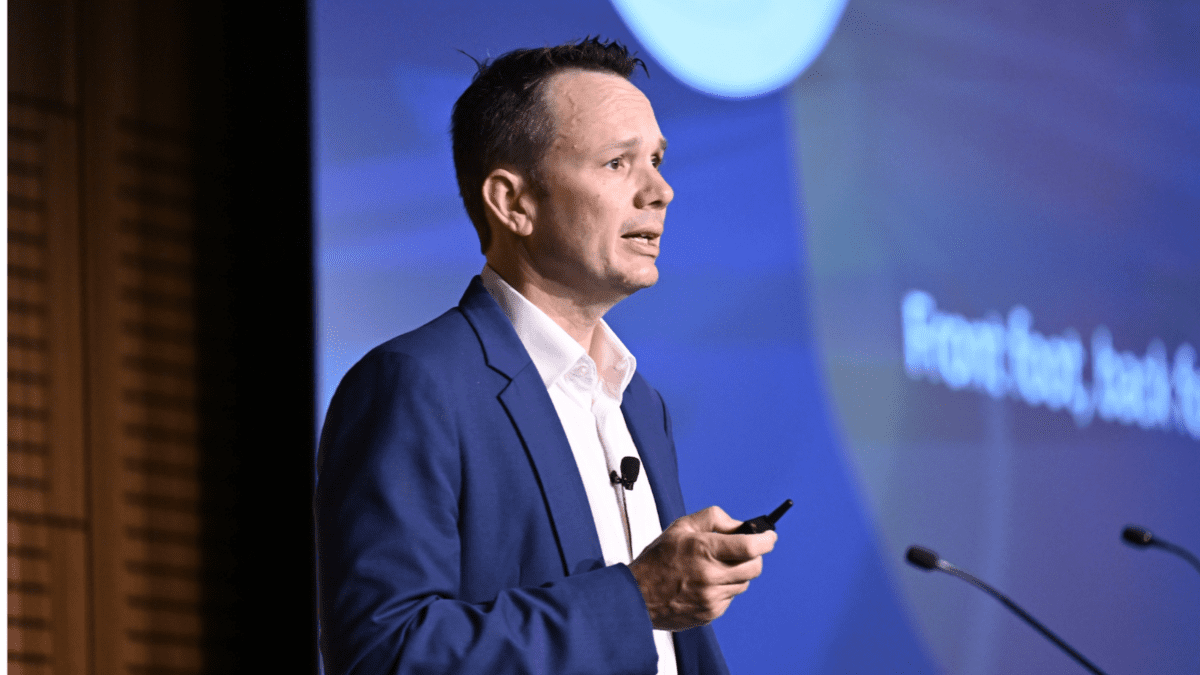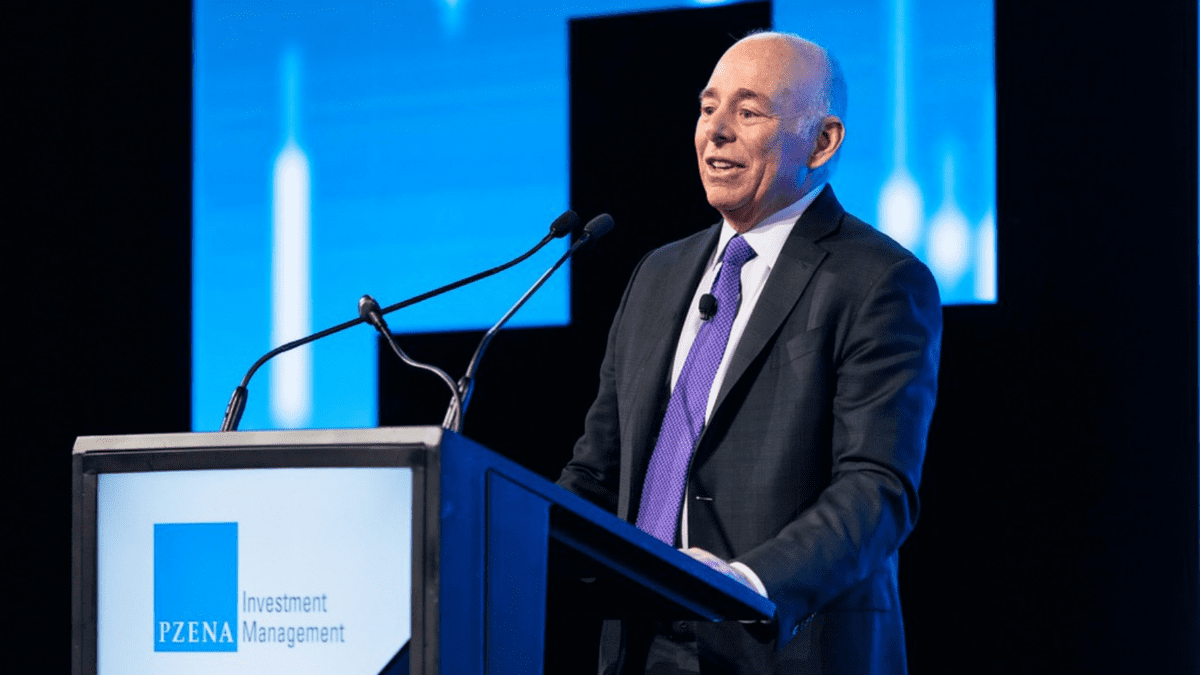Forget hard or soft, we’re in no-landing territory: HMC Capital
While economic soothsayers twist themselves in knots trying to predict when the inflationary environment will reach its zenith, HMC Capital managing director David Di Pilla says they’re looking at it all wrong. Inflation is going nowhere in the near to mid-term, he reckons, and investment managers looking to find company mis-pricing will need to adjust accordingly.
“What we see now is scenario of embedded sticky inflation,” Di Pilla said in an address at The Inside Network’s recent Alternatives Symposium in Melbourne. “That is the new terminology that I think everybody should get used to. The central banks are not going to get inflation back to 2 per cent any time soon, we’re stuck with inflation.”
There will be no ‘hard landing’ or ‘soft landing’ in the next two or three years, the respected fundie told a room full of advisers and investment consultants. We’re in a “no landing” scenario, he believes, with the domestic economy set to “bump along” with GDP embedded at a lower level but dipping into positive territory.
Over the next few years, central banks will retreat and the artificial levers used to prop up economies will decline. For investors, that means equity returns won’t be as easy to harvest as they have been in recent years. The tide, he explained, will not drag everyone up.
“The ASX will not just go up in a linear fashion like it did through the two-year period of monetary easing and capital being thrown into the system by banks and central banks,” he said.
Wind in company sails
For wholesale investors, the relatively temperate economic environment in Australia during the pandemic and post-pandemic periods provided mid-cap businesses with plenty of impetus, according to Perennial Partners head of private investments Brendan Lyons.
Lyons believes the facilitative conditions Di Pilla refers to have created an environment whereby businesses with over 10 million in revenue are able to build organically and via private debt rather than taking the IPO route.
“More companies are getting getting private investments, they aren’t jumping straight to an IPO or selling earlier,” Lyons, also on the panel, told the audience. “They’re actually staying private for longer and taking some institutional capital, and I think [getting] bigger and better.”
The change in growth funding patterns is also having a remarkable impact on the makeup of those businesses, he said.
“That means there’s more people staying involved. The founders, those business directors, the executives, other people involved other than shareholders,” he said. “They’re small businesses, family businesses, we all know people with businesses like that. If you look at companies with more than 10 million revenue, for example, there’s what there’s more than 40,000 companies in Australia with that revenue level… there is this huge universe of private businesses and some of them are growing quickly.”
No easy wins
Yet while there is wind in the sails of private investors, Di Pilla believes there are no “easy wins”, with genuine, robust company research the only reliable path to generating alpha via mis-pricing opportunities.
Di Pilla has runs on the board in this respect. His listed retail and commercial property group has over $6 billion in assets under management and famously turned Woolworths’ struggling Masters portfolio (purchased for a steal back in 2016) into a thriving collection of multi-brand shopping centres servicing suburban and regional areas.
The expertise deployed then is something he believes will be crucial in the current environment. The fund managers that have proven ability will not only get the backing they need to invest, but the expertise to do it wisely.
Mid-last year the group deployed this know-how into what turned out to be a 19 per cent in Sigma Healthcare, which had seen its price depressed after losing a major supply contract five years ago. Like the Woolworths property acquisition, it was an opportunity Di Pilla saw as “compelling”.
“It flashed up red on every single one of our five value drivers… they had a lot of real assets trapped within the business that weren’t being properly utilized, and they had a monopoly business… we love this stock,” he said.
In a market that’s only getting tougher, Di Pilla believes the savvy acquisitions of these real assets will provide the smoothest path to outperformance.
“When you look at the REIT index you realize those assets have been heavily over-sold,” he said. “You can buy some of the best real assets… at 20, 30 plus per cent below their fundamental value.”











